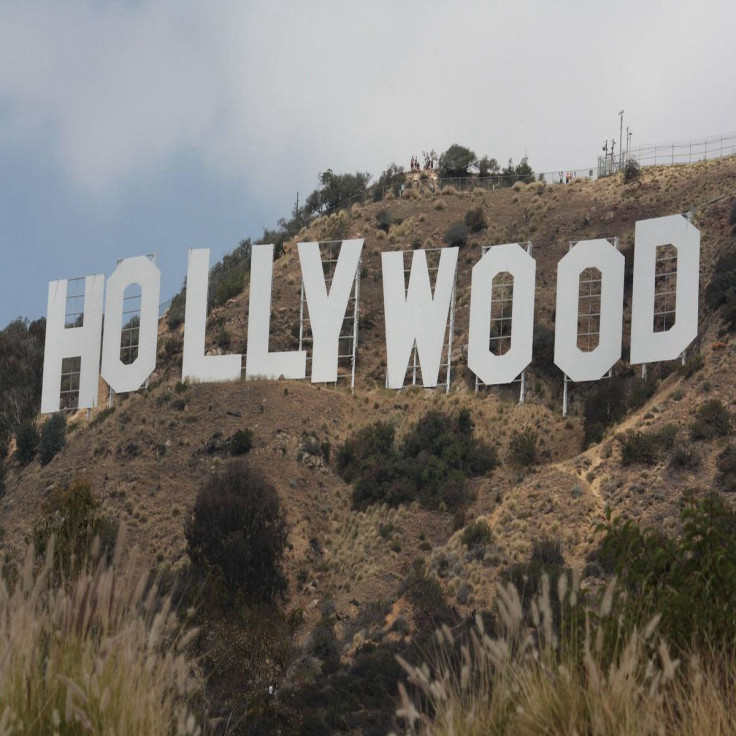
More than six years after his death, Burt Reynolds, the moustached heartthrob who defined cool in the 1970s, is once again capturing the internet's attention. The Hollywood icon, who died in 2018 at the age of 82, is trending as fans revisit his legendary films and the career choices that shaped and sometimes haunted his remarkable rise.
Known for his rugged charm, cheeky grin and effortless charisma, Reynolds dominated the box office with hits like Smokey and the Bandit, Deliverance and The Longest Yard. At the height of his fame, he was Hollywood's top-grossing actor for five straight years, the man every studio wanted and every audience adored.
Behind the laughter, fast cars and swaggering confidence lay a story of missed opportunities, heartbreak and what-ifs that continue to fascinate fans today.
Born in Michigan in 1936 and raised in Florida, Reynolds broke through on television before conquering the big screen as a symbol of Southern charm and bad-boy appeal. Yet, as his career soared, so did the number of roles he famously turned down, including parts in Die Hard, One Flew Over the Cuckoo's Nest and James Bond. Each refusal, many believe, quietly reshaped Hollywood history.
When asked in later years whether he regretted those decisions, Reynolds told CBS Sunday Morning that he had 'no regrets' and had lived life entirely on his own terms. Still, as fans revisit his legacy, that statement is being re-examined in a new light, seen as a mix of brilliance, bold choices and bittersweet consequences that defined one of cinema's most unforgettable stars.
The Roles That Could Have Changed Everything
Among Reynolds' most talked-about decisions were the roles he declined during his peak. The actor admitted he had rejected offers to play Han Solo in Star Wars and Michael Corleone in The Godfather. He also passed on parts in One Flew Over the Cuckoo's Nest and Terms of Endearment, roles that went on to win Oscars for others.
As reported by News Break, Reynolds turned down as many as five major Hollywood roles, a fact now often cited in retrospectives of his career.
In a 2016 interview, he admitted, 'Now I regret it. I wish I would have done it.' The statement contradicted his earlier confidence, showing how career-defining moments slipped through his fingers. Film historians have since speculated how differently Hollywood's landscape might have looked had Reynolds accepted one or two of those parts.
These missed opportunities became part of the Reynolds legend, painting him as both a rebel and a man caught between pride and doubt. Each rejection, though framed as a choice of independence, revealed the inner conflict of a star determined to control his destiny.
Hollywood Ego and Industry Clashes
Reynolds' confidence often translated into what some colleagues saw as ego. His on-set clashes were widely reported, most famously with actress Kathleen Turner during the 1988 film Switching Channels. Turner later said she found him 'difficult to work with' and vowed never to share the screen with him again.
Directors and co-stars alike acknowledged Reynolds' strong personality, describing him as both charming and stubborn. This duality helped make him a star but also alienated collaborators who struggled with his intensity.
In his autobiography But Enough About Me, Reynolds admitted that fame had made him 'cocky' and sometimes careless, reflecting that he often 'pushed people away' without realising it.
Broken Friendships and Lost Love
Beyond his professional relationships, Reynolds' personal life was equally turbulent. His romance with actress Sally Field remains one of Hollywood's most enduring love stories, yet it ended in heartbreak. Field later wrote in her memoir that their relationship was marked by control and insecurity, and that she felt she 'needed to break free'.
Years later, Reynolds called her the 'love of his life' and confessed that letting her go was his 'biggest regret'. It was one of the few times he publicly acknowledged emotional loss. Other strained friendships in the industry, often caused by clashing egos, further fuelled the image of a man admired yet misunderstood.
The Man Behind the Legend
In later years, Reynolds faced declining health, financial challenges, and fewer roles, but he continued to work until his death in 2018. His comeback performance in Boogie Nights (1997) earned him an Academy Award nomination and critical acclaim, proving he still had the talent to command the screen.
Today, renewed interest in Reynolds' career has sparked discussion about his complex legacy. He remains a figure of fascination — a star who claimed to live without regret, even as the ghosts of ego, lost love, and missed opportunities followed him to the end.







